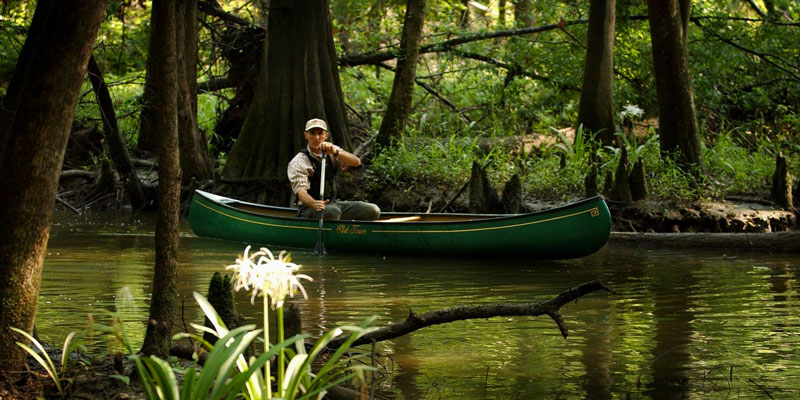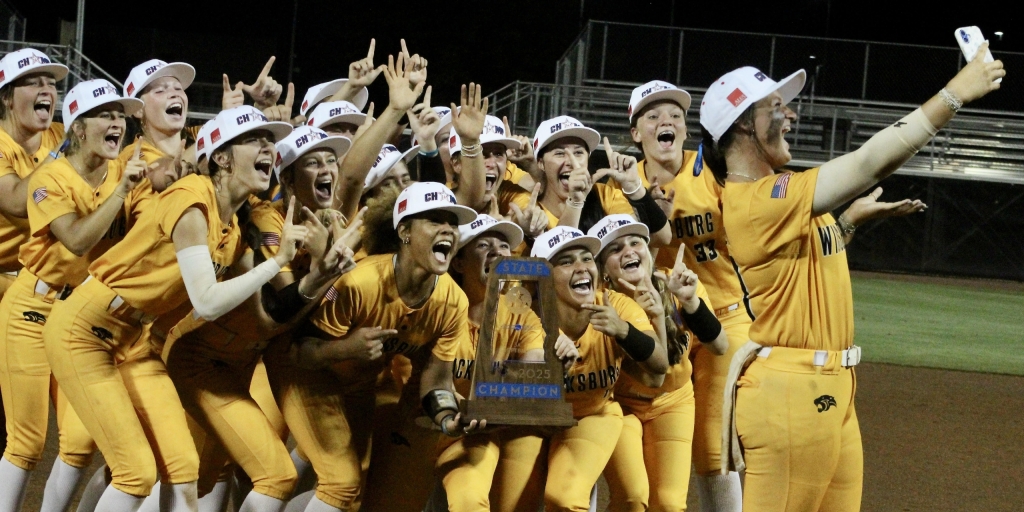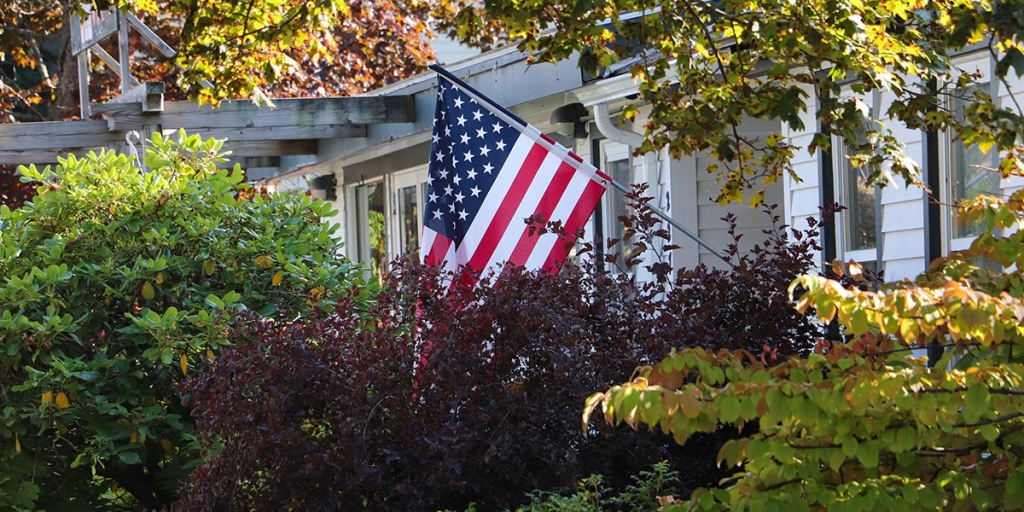A few years ago my wife’s best friend and mentor was diagnosed with terminal cancer. On her death bed she looked deep into my wife’s eyes and said, “I have some advice for you.” After a dramatic pause, she whispered, “eat the fried chicken.”

My wife asked her why eating fried chicken was important. She responded: “because you love fried chicken. And, when your days on this earth are numbered, you’re really going to wish you’d taken more time to enjoy the things you really love…like fried chicken”.
Beyond just eating fried chicken, doing the things you love creates meaningful, lasting memories. Memories that add richness and fullness to our lives.
Die With Zero
Since none of us will get out of here alive, don’t you think we ought to identify the things we truly love to do? And, try to do them as many times as possible before we die? I do. And, so does Bill Perkins, the author of my new favorite book: Die with Zero.
As Perkins explains, “life isn’t simply about surviving; life is about thriving”. Or, as the saying goes:
“Life’s a journey not to arrive at the grave safely in a well preserved body, but rather to skid in sideways, totally worn out, shouting ‘holy shit….what a ride.” -Unknown
The goal of life is to thrive in our limited time here, so that at the end of the road we are full of memories and experiences that leave us satisfied with the journey. Perkins calls these “memory dividends”. Those life experiences that continue to pay enormous, recurring returns as we age.

Here are the top six recommendations from the book:
1. Maximize Your Positive Life Experiences
We all think that that life remains static over time. That we will always have more time later. That our friends and family will always be there. They won’t. Life is in constant flux. Friends come and go; children grow up and move away; people we care about get sick and die.

The fullness of your life won’t be defined by the amount of money in your 401(k) or the kind of car you drive. After all, isn’t the point of making that money to create the flexibility to enjoy the things we love with the people we love? Figure out who and what you truly love and then go create some memories.

2. Start Investing in Experiences Early
Now, I know what you’re thinking. I don’t have the time right now to create a “memory dividend”, whatever that is. I get it. But, if life really is the sum of all our memorable experiences, can you really afford not to invest in positive life experiences? Can you afford not to create “memory dividends” that will give you a return on your investment for the rest of your life? Of course not.
“It comes down to a simple choice, really. Get busy living or get busy dying.” -Andrew Dufresne (Shawshank Redemption)
Having piles of money isn’t the key ingredient. The key ingredient is the vision and creativity to seek out memorable and meaningful experiences, even if those experiences happen in your own backyard.
3. Time Value of Money
The usefulness of money diminishes with age. How would your thirty year old self spend $1M? You could get a graduate degree, buy a Porsche 911 Turbo, climb Mt. Kilimanjaro, start a business and buy Apple or Amazon stock that will be worth a pantload of money in a few years.
But, how would your 85 year old self spend that money? You aren’t likely to climb Kilimanjaro, buy a Porsche 911 Turbo or start a new business. The money likely becomes part of an estate plan that ultimately transfers the money to your children, who are already in their 60’s-and probably don’t need it anyway.
That’s why the value of money actually diminishes as we grow older. See the chart below if you’re a visual learner.

The utility of money diminishes over time in direct correlation to our ability to enjoy that wealth.
4. Plan to Die with Zero Money
What if you spent your whole life working to save a nice nest-egg so that you could travel when you finally retire at 70 years old. That seems to be the American dream and also the advice of every financial planner on the planet. It’s horrible advice.
If you are 50 years old today, you only have a 50% chance of living to see age 80. And, even if you do live to 80, there’s no guarantee that you’ll be in any condition to travel and do the things you dreamed about during all those years driving the desk at work. So, start spending that nest-egg now. See the chart below.

5. Life is Comprised of Seasons
Bill Perkins opines that life is comprised of seasons and that, more importantly, “we die many deaths in the course of our lives.” For example, by the time we turn 12 or 13 the child in us dies. Then, once we graduate from college the college student dies. You get the point.

But, what about the rest of our lives? Do we continue to go through seasons and watch versions of ourselves die? Unfortunately the answer is yes.
“His summers and winters Scattered like splinters and forty five years slipped away.” -Jimmy Buffett
It’s important to recognize the season you are in. And, what seasons lie ahead. It’s a more proactive approach to naming a season for creating those meaningful and memorable life experiences.
6.Take Your Biggest Risks When You Have Nothing to Lose
We all have regrets about things we didn’t do when we were younger. Things like spending a semester in Washington, DC or backpacking through Europe after college. Things we had no business doing cause we were broke. But, since we were broke, what did we really have to lose? Nothing.
Always remember that you’re better off taking more chances when you are younger than when you’re older.
The Big Finish
That’s it. Just a few nuggets of wisdom for the journey. Pick up a copy of Bill Perkins new book, Die with Zero, here. It’s 13 bucks well spent. Now, go create a list of the things you love to do…and start creating meaningful memories.
I’m a team of one. I research and write only for the joy of producing thought provoking content. I rely on referrals to grow my audience. If you know someone who’d enjoy Wit & Wisdom, forward this article and encourage them to sign up here.
Tom Greene is a 55 year-old executive, husband and father. He’s the author of “Wit and Wisdom” and writes frequently on topics like happiness, family, spirituality and friendship.













